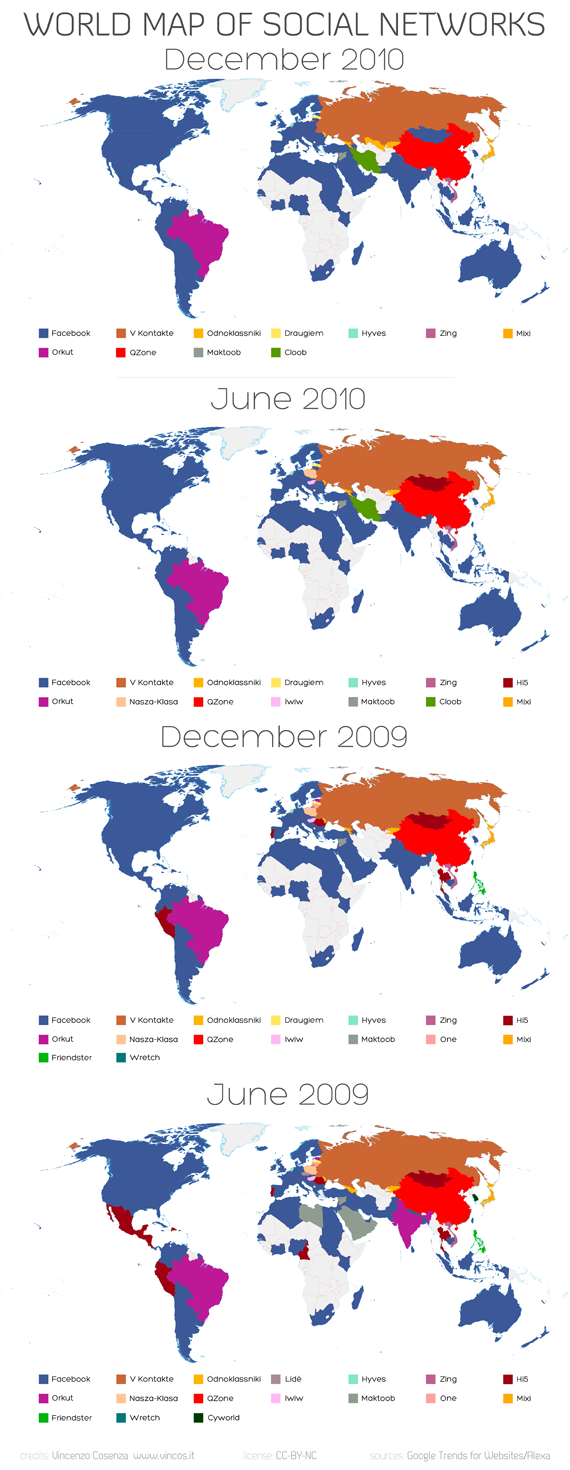Worrying about a crash
Jul 5th 2007 RIGA
From The Economist print edition
Peter Schrank

IMAGINE some souped-up old bangers driven confidently but not expertly on a smooth road in fine weather. That is the economic picture of the ten east European countries that are now in the European Union. If the road gets wet or slippery, bad brakes and bald tyres make a crash, even a pile-up, horribly likely.
The country that most troubles outsiders is Latvia. It has a whopping current-account deficit: some 21% of GDP in 2006, and bigger still so far this year. That reflects soaring consumption and household debt, financed mainly by foreign-owned banks. Wages are rocketing—up by a third year-on-year. Inflation is over 8%.
This points to a need for tough restraining measures. But the currency, the lats, is pegged to the euro, so the central bank's ability to raise interest rates is constrained. Although the IMF issued a sharp warning in May about the need for a fiscal squeeze, the government is keener on harvesting the dividends of double-digit GDP growth than on acting to avert the risk of a crash.
Aware of the dangers, the banks, mainly Swedish-owned, are reining in lending. Their share prices wobbled during a brief financial crisis in February. Prudent behaviour by the banks may amount to a monetary tightening on its own. Other modest measures include making tax declarations a mandatory part of loan applications, deterring those with undeclared wealth. A speculative attack on the lats may tempt some, but it is tricky to organise in Latvia's puny financial markets.
Latvia is a financial pipsqueak, with only 0.2% of the euro area's GDP. If it does run off the road—for example, if it is forced to unpeg its currency—the main victims will be local borrowers and foreigners who have lent to them (in theory, but probably not in practice, Western banks could refuse to bail out local subsidiaries, even if their loan books shrivelled). Any crash in the Baltics is unlikely to affect outsiders' views of other regional economies. The likeliest route for contagion would be to next-door Estonia. It is also overheating, but its somewhat more responsible government has a modest budget surplus.
The other early candidate for a crash has long been Hungary, which admitted last year that it had been running a budget deficit of 10% of GDP. But a combination of tax rises and modest spending cuts has trimmed the deficit. Exports and industrial production have risen. The central bank has begun to cut interest rates. Hungary has been “disgustingly lucky”, says Juliet Sampson of HSBC, a bank.
Even if a pile-up is avoided, overheating is still undesirable. As euro members like Portugal have found, a boom stoked by low interest rates and a fixed exchange rate can lead to a long period of uncompetitiveness and slow growth. Except for Slovenia, which is now in, none of the east European countries is likely to join the euro for some time—but they have mostly been able to borrow as cheaply as if they were already members.
So how to cool things down? For countries that can do it, keeping their interest rates above the euro's and letting their currencies appreciate helps. So does bringing in foreign workers from places such as Ukraine in order to reduce upward wage pressures. Slovakia is a prime example of how to pull off both tricks.
The only long-term answer is not to add coolant or to drive more slowly, but to fix up the car. Unfortunately the process of structural reform in the region has largely stopped. Fast growth in tax revenues plus weak political leadership makes for less pressure to get a grip on public finances. Poland and Romania, in particular, have proved alarmingly ready to make expensive spending pledges for political reasons.
A new World Bank study of public spending (see chart below) highlights the bad bargain that the region's taxpayers are getting. Almost everywhere, public spending is higher than it should be for middle-income developing economies. In Albania, the study finds that overstaffing, poor debt collection and wasteful management at the state-run water industry alone costs 1% of GDP. Despite the spread of flat taxes, the “tax wedge”, which includes social-security and other charges, can be as much as 40% of wages.
 Changing this is a political matter, not an economic one. But the evidence is that voters do not much like reform. Reforming governments have usually lost the next elections. A report from the European Bank for Reconstruction and Development shows that, in most of the region, only minorities of voters, and sometimes not even a plurality, support both a democracy and a market economy (many choose the “don't care” option instead).
Changing this is a political matter, not an economic one. But the evidence is that voters do not much like reform. Reforming governments have usually lost the next elections. A report from the European Bank for Reconstruction and Development shows that, in most of the region, only minorities of voters, and sometimes not even a plurality, support both a democracy and a market economy (many choose the “don't care” option instead).Nor is there any obvious punishment for a failure to reform. Romania and Bulgaria have been backsliding ever since they joined the EU in January, and yet there have been only mild complaints from Brussels, which has lost the leverage that it had before the two countries' entry. Capital markets are accommodating too. The lesson that other countries take from Hungary's financial shenanigans is that it is possible to spend like crazy to win an election and then sober up afterwards.
That will change when global conditions make growth a hard scrabble, rather than a bonanza, and borrowing money means dealing with flinty-eyed sceptics, not rosy-eyed thrill-seekers. The politicians may then have to concentrate on the real sources of competitiveness: brains, hard work and clean government.
















No comments:
Post a Comment